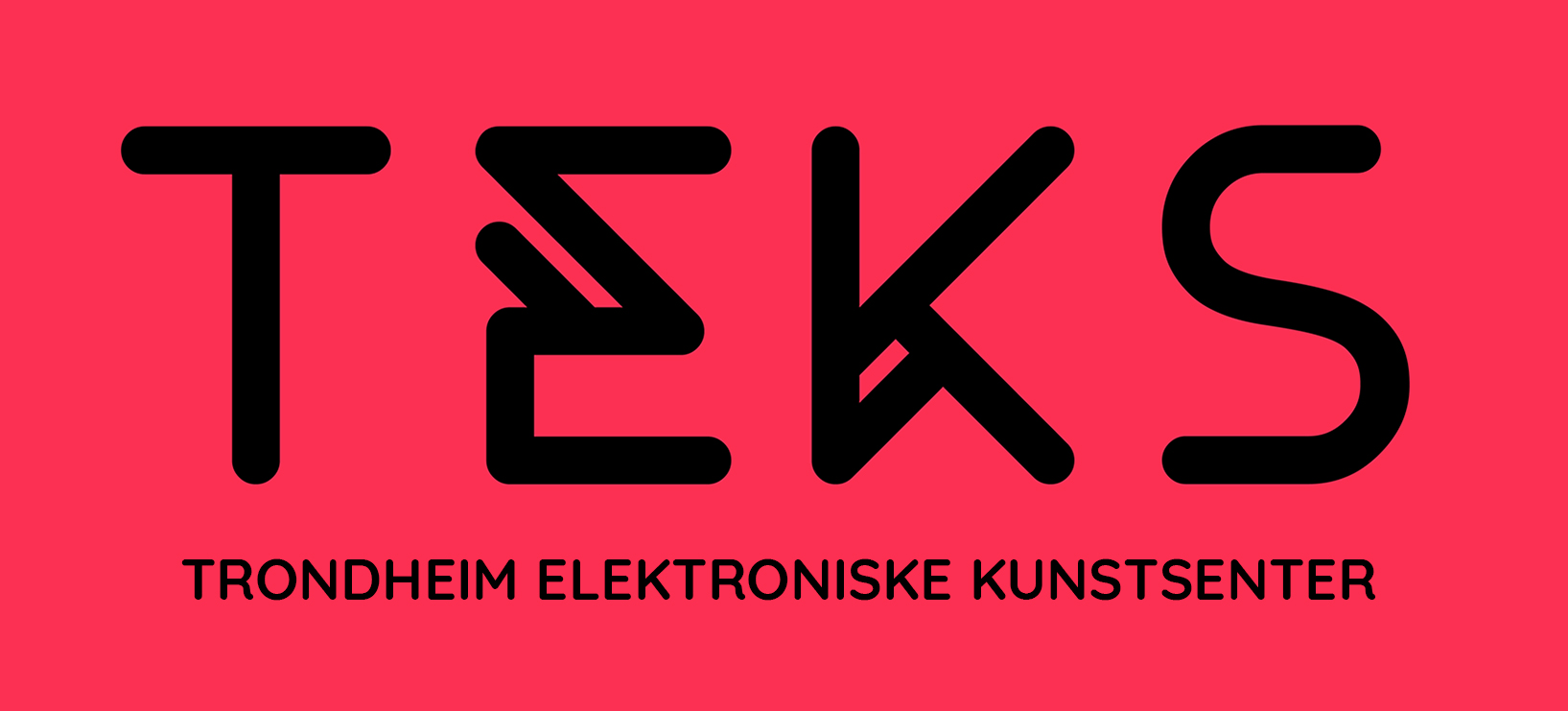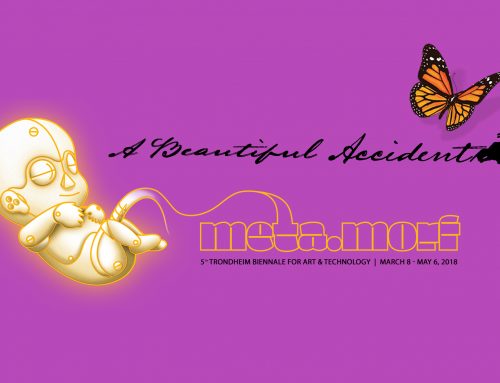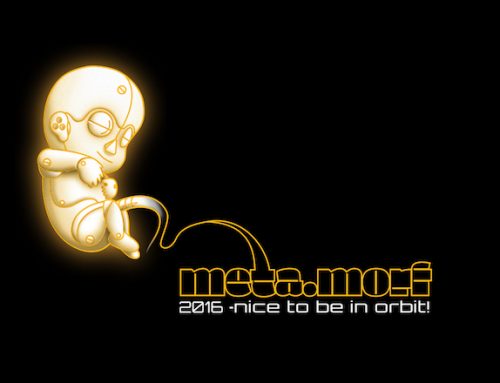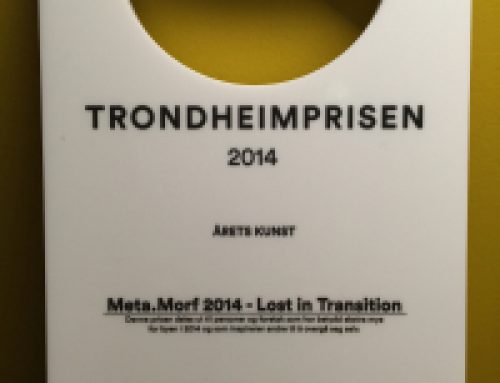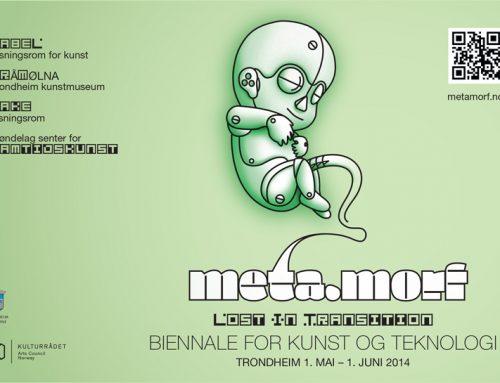MEME MACHINES, TRANSHUMAN, TRANSBEMAN
Memes – virus-like infectious ideas, cultural transmitters, are out there, out of control, out on the streets, inside us, in our brains, in our memory, in the Internet.
Promoting perpetual self-reference and demanding a life of their own they add another dimension to our understanding of humanity and culture and point to future Utopias and initiate further memetic implications.
Abstracting ourselves in blogs and profiles we create ex-vivo consciousness, virtual existences, that are superior to our fragile bodies and can be understood as bemes – units of beings.
When will we be able to beme ourselves up into transbeman state?
Franziska Mucha studies culture (interdisciplinary) and science (occasionally) and is the first intern at TEKS where she is practicing (aesthetically). Within this multi-modality she came across memetics. as fan and initiator she will give a short teaser to the lecture.
MEMES FROM HI-SCIENCE, TECH TO ART FOR LIFE
The lecture will present some up-to-date hi-science and -technology reflections approached from memetics, anchored in more elaborated, informational ontologies (Bohm, Johansen, Rapoport). One issue here will be implications from recent achievements in “living robotics”, related to advances in cybernetic mathematics and meaning theory. Another issue will be some connected reflections on the relation between art of science and science of art.
The discipline of memetics emerged a generation ago, and in some synergy with the rise of complexity science from the mid-1980’s, which, especially in the work of Fontana, achieved a more universal and abstract paradigm of systemic evolution than the one operative in neo-Darwinism. This indicated some significant connection between memetics and genetics, and in more sophisticated ways than hinted at in the prelude announcement of Dawkins – who attracted some science fame attention from being regarded as the initiator of the concept ‘meme’ with related associations. Basically, the concept ‘meme’ introduced i) possible scientific treatment of ideas and perceptions under the same conceptual umbrella; ii) possible quantitative treatments of mental affairs in some analogy to or extrapolation of genetic affairs; and iii) possible analysis of mental, socio-psychological and anthropological affairs in congruence with the general science about evolution of complex systems, seeking more refined “patterns that connect” (Bateson) or natural laws of higher order than the four basic forces of conventional physics. The field of memetics became somewhat configurated in the polarity between, on the one hand, physicalist ontology, corresponding to the conventional, simplistic conception of genes and mind-from-matter beliefs, and on the other hand ontologies more in accord with the computer age giving main priority to information, not to substance (as already in the universal Turing machine).
ABOUT THE LECTURER
Stein E. Johansen is Magister of Philosophy (1985) and Dr.Philos. in Economic Theory (1991). He has worked as an associate professor of Sociology (1991) at UiO and since 1992 at the Institute for Social Anthropology, NTNU. In 2002 he was made an honorary “full professor in physics” at the Institute for Basic Research in the USA, and in 2008 he received the Santilli-Galilei Award’s gold medal “in honour of contributions to natural philosophy”.
Johansen has a wide and ambitious scientific authorship, lately with contributions to mathematics, for example his deductive derivation of previously unknown generators that give the exact and complete patterns of compound numbers and thus also primes (2010).
The lecture will be in English.
Venue: TEKS Office | Verftsgt. 4
Time: Friday June 17, 19:00
Entrance: Free
